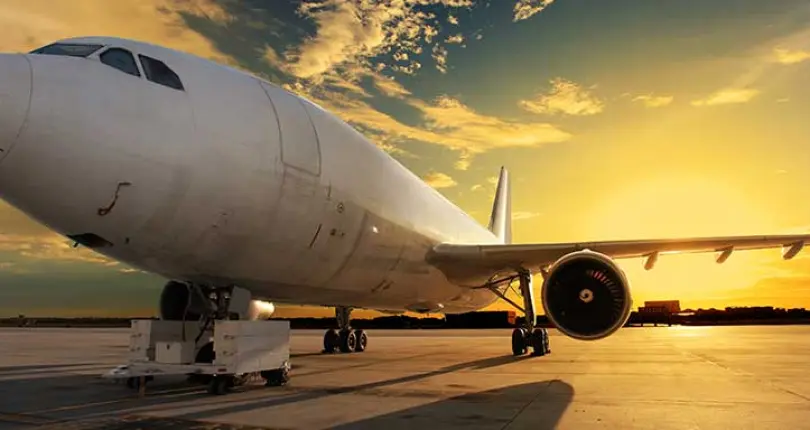The Death of the Single Meeting Business Trip
The year 2020 was quite a challenge for the travel, tourism, and hospitality industries thanks to the global pandemic. But while many other businesses that relied on people going out and sharing spaces with each other have cautiously reopened as lockdowns ease and vaccines roll out, the aforementioned three industries are having to rethink their business models altogether.
At the intersection of all three sits business travel, the landscape of which experts are sure will be undergoing permanent changes for years to come. It will also spell the death of the single meeting business trip.
Hotels: from short-term stays to extended business staycations
“When we talk to corporate clients, they think their 2021 budgets are probably going to be 50 percent of what they were,” said Adam Lalvani, who runs the parent company of The Standard chain of hotels in New York. He shared that corporate demand may not recover “for multiple years”.
For major hotel chains, business travel represents almost 70 percent of revenues. This is true of chains like Marriott International and Hilton.
“When you look at the Londons, the New York, the Vegas—every major city center—corporate travel is the main driver of their [tourism] business,” says Lindsey Ueberroth, CEO of Preferred Hotels & Resorts.
Hotels have as such begun marketing their rooms as temporary workspaces for those who truly cannot work from home due to faulty internet connections or the demands of family. Stays can range from two hours to two months. In fact, some clients have decided to combine business and leisure—known as bleisure—in this kind of setting.
“I can work from anywhere, and my kids can study from anywhere,” says Ueberroth. “Why wouldn’t I drive somewhere and spend a week where my kids can be at the pool on their breaks?”
However, taking a shorter trip to someplace you can drive to presents a major problem for airlines, another industry vastly affected by the pandemic.
The fall of air travel
Business travel is also essential to airlines. Corporate travelers constitute half of all revenues for major airlines and an even bigger chunk of profits. The longer airlines go without business travels to sustain them, the less affordable and convenient air travel will become.
As Covid-19 cases multiplied exponentially over 2020, many employers canceled business trips for their employees, citing health reasons. When lockdowns pulverized business revenues, quite a few organizations realized that they could let go of travel budgets rather than employees. And as employees began to adjust to the work from home life, top management sang praises of video conferencing tools and the increase in productivity these brought.
In addition, more and more companies are becoming conscious of the damage business travel has done to the environment. Companies like Deloitte and PwC have announced “net zero” goals of reducing emissions. Limiting business trips go a long way toward achieving these goals.
Employees are becoming environmentally conscious as well. In the UK, a study revealed that nearly half (46%) of workers are concerned about the impact of the carbon footprint of travelling to and from work. The figure grows to over 50% among millennial and Gen Z workers.
Further, the study showed that 77% of workers believe in the importance of an environmentally conscious business—and that it is a big factor when considering a new job. This is true of 82% of Gen Z workers, which impacts which businesses attract new talent.
Making a business trip worthwhile
One would conclude, then, that a business trip would have to be stretched out over at least a week and would have to offer opportunities that can only be achieved by meeting others face-to-face. The answers, seemingly, lie in conventions and in bleisure trips. But even these are facing setbacks.
In the US, Las Vegas, a popular business meeting site, has not hosted a convention in months. Various conventions and trade fairs around the world are deciding to either go fully virtual or hybrid, if not canceling altogether. And indebted car rental companies, such as Hertz, which were already struggling pre-pandemic, have it much worse now (Hertz filed for bankruptcy in May 2020).
Bleisure trips, meanwhile, afforded travelers (and often, their non-business traveling companions) an opportunity to reduce travel costs. The National Car Rental survey found that among 49% of millennials, saving money was the top reason for going on a bleisure. After all, why jet off to another country if your company won’t pay for your flight?
“Do I still invest in that long-haul trip even if part of it isn’t paid for?” says Lori Pennington-Gray, director of the University of Florida’s Tourism Crisis Management Initiative. “Or do I stay closer to home and make shorter trips?”
Of course, business trips will never really go away. Many people are chafing at the idea of a permanent work from home life, having been isolated for months. But for the foreseeable future, it looks like the single meeting business trip has burned to ash—and it will be a while yet before anyone sees what new form rises from those ashes.








